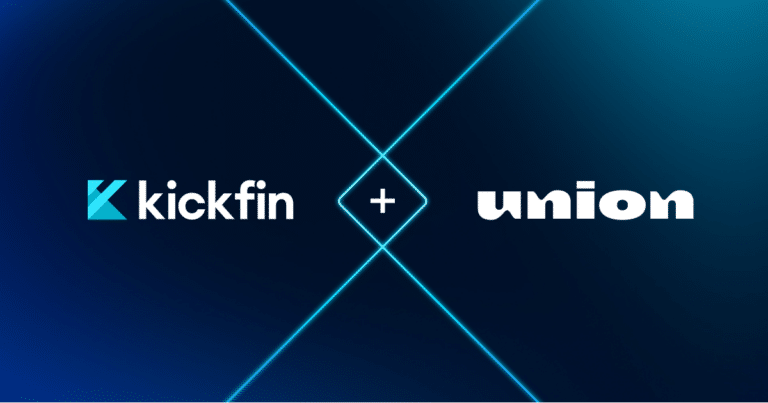We’ve been talking about “No Tax on Tips” for months, and now it’s a reality. But what exactly does that mean for restaurant operators and their tipped employees?
Signed into law on July 4, 2025, as part of the broader “One Big Beautiful Bill” tax package, the new policy eliminates federal income tax on tipped earnings (up to a cap…along with some other caveats…) for qualifying workers.
While No Tax on Tips garnered widespread support from hospitality employees and employers alike, there’s still a lot of confusion about how it works, who qualifies, and what it means for your restaurant team.
Our FAQ breaks it all down: the fine print, the benefits, the limits—and how you can make sure your team is positioned to take full advantage.
What does “No Tax on Tips” actually mean for my team?
The No Tax on Tips Act has created a new federal income tax deduction — up to $25,000 of “qualified tips” per year for employees in traditionally tipped occupations.
- Tipped employees can deduct up to $25,000 in tips from their federal taxable income. (For added context, based on Kickfin customer data, the average tipped employee earns $125 per shift and works 15 shifts per month. That totals $22,500 in annual tip earnings.)
- The deduction starts to phase out at $150,000 in annual income.
- The deduction is currently restricted to those who earn $160,000 or less in 2025, but that’s expected to change in coming years to account for inflation.
- These earnings are assessed based on employees’ income as of December 31, 2024.
Two other important items to note:
- Deduction, not exclusion: This is a deduction, not an exclusion. That means all tips still need to be reported; the deduction will be claimed when your employees file their taxes. The deduction is on top of the standard deduction ($16,000 for individuals, $32,000 for married couples filing jointly).
- Other taxes still apply: This bill is all about federal income taxes, so Social Security and Medicare taxes still apply. Also, keep in mind that this is a federal tax deduction. States will individually decide whether or not to align with the change.
Which types of tips are eligible?
The bill applies to cash tips—but it’s technically a little broader than that. According to the Senate Finance Committee, “cash tips” includes:
- Physical cash tips
- Credit card tips
- Tips shared through pooled or tip-sharing arrangements
Other types of charges and fees that restaurant customers pay are not eligible for the dedication.
- Mandatory service charges
- Surcharges
- Automatic gratuities
Essentially, any earnings from compulsory charges are not considered tips. Even if a restaurant passes those funds on to employees, they’re not eligible for the deduction. Do employees have to report their tips to get the deduction?
Short answer: Yes. And aside from being legally required to fully report their tip earnings, it actually behooves them to do so.
It’s no secret that many tipped employees don’t fully report their tip earnings. There are a variety of reasons for this: general confusion about tip reporting, poor tracking, and of course, a desire to avoid taxes.
Credit card tips are automatically tracked in most POS systems, so those are typically accounted for. Cash tips, on the other hand, are often underreported.
Again, because this new bill is a deduction, not an exclusion, employees must report their tip earnings to qualify.
Not only will this (legally) allow employees to reduce their tax burden; reporting their full income can really come in handy with things like loan applications, unemployment benefits, and Social Security earnings.
Is this all good news for employees?
Again, for the most part in the hospitality and service industry, there’s a lot of support for this legislation.
It will put money back in the pockets of many tipped employees—which can make a meaningful difference, especially for those who live paycheck to paycheck.
But some in the industry have voiced concerns:
- Lowest-earning tipped workers won’t see much benefit. Many of the lowest-earning tipped workers wouldn’t benefit much, or at all.because they’re not paying a significant amount in federal taxes to begin with.
- Some workers excluded: Not all hospitality employees are tipped employees – if you’re not operating a tip pool for example, a lot of your BOH employees aren’t going to see any benefit here.
- Service/surcharges/auto-gratuity: Compulsory charges are not considered tips, so even if all of those funds are going to the employees, they will still be taxed. Again, that means BOH workers who aren’t tipped but who benefit from service charges won’t get a tax break.
What do restaurant operators need to do?
While there’s no major compliance burden on employers (yet), the smartest operators are thinking ahead—especially when it comes to digitizing tip management.
Here’s why that matters:
- Accurate reporting: Employees need clear, auditable records to claim the deduction
- Transparency: With platforms like Kickfin, employees can log in to view their full payment history—no guesswork required
- Tip pooling: If you want your BOH team to benefit, you’ll need to operate a formal, compliant tip pool.
- Efficiency: Automating tip pools (and ensuring accuracy), managing payouts, and syncing with payroll is easier than ever.
Is it time to hit the reset button?
If you’re already using a digital tip management platform like Kickfin, you’re a step ahead—your team will be well positioned to take full advantage if and when the law goes into effect.
If not: This new policy is a great reason to refresh your tip management approach, including digitizing your distribution process, re-evaluating your tip pool policy, and improving payment tracking for your team. And good news—Kickfin can help with all of that. Let’s talk.





